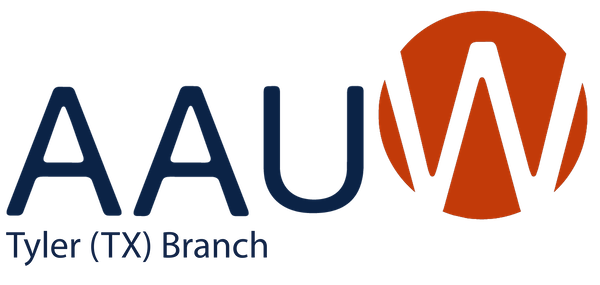2023 National Election: Public Policy 2023-25
AAUW Public Policy Priorities
The Public Policy Priorities underscore AAUW’s mission to advance gender equity for women and girls through research, education, and advocacy. The work of AAUW builds upon responsible public participation, and the following priorities provide a basis for AAUW members’ actions at the local, state, national, and international levels. Implicit in each is support for government agencies administering programs, including adequate appropriations, effective and accountable administration, and provision for citizen participation. We advocate public discussion to ensure enlightened decisions on these priorities. We work to increase the number of women, and the diversity of backgrounds they represent, including race, ethnicity, age, income, gender, and sexual identity, in policy- and other decision-making positions. Our positions are shaped by our commitment to being nonpartisan and fact-based, and to acting with integrity. We strive for our work to be inclusive and intersectional, collaborating with diverse allies and coalitions to achieve equity for all.
Read the entire AAUW Public Policy Priorities here.
